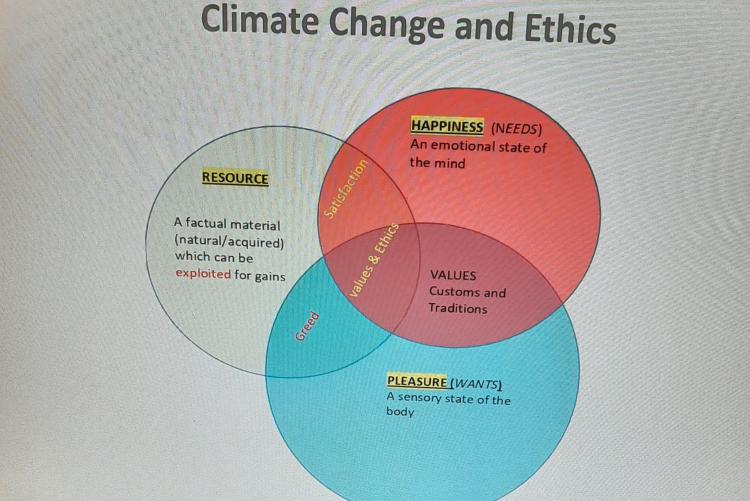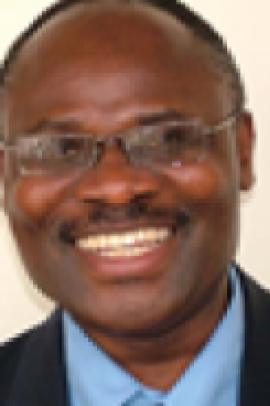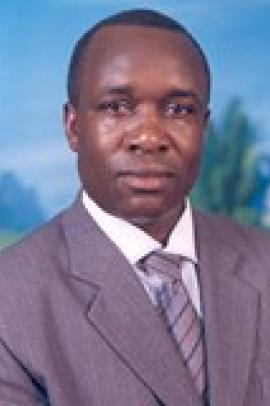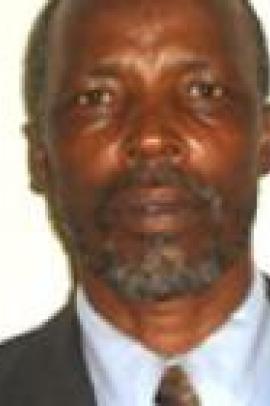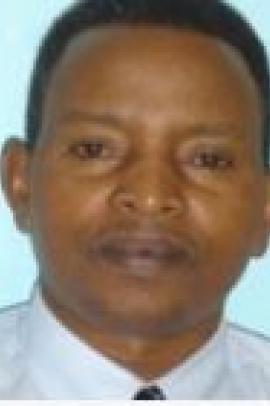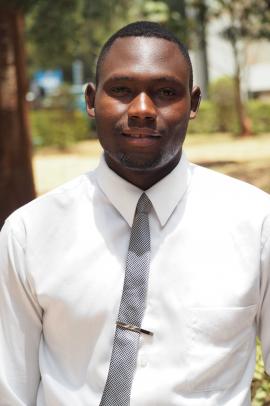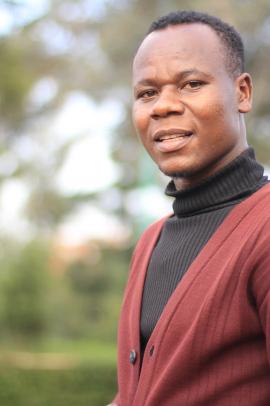The department of Meteorology hosted a Webinar today 16th June 2021 on the science of Meteorology under the theme advances in meteorological training and research. This is part of the UoN@50 celebrations.
Dr. Franklin Opijah, Chairman Dept. of Meteorology started by giving a brief history of Meteorology and when it gained precedence in the 19th Century. He was keen to note Meteorology drives the socio economies of nations this is because of the impact of air on life. Weather forecasting drives urban administration, agriculture and it helps to predict and prevent disasters. Dr. Opijah also noted that Most of meteorologists from Africa have been trained from the UON dept. of Meteorology which is something to be really proud of.
The first guest speaker was Prof Francis Mutua who gave a presentation on Opportunities and threats in meteorological education and research. He noted meteorological education and research encompasses all processes that occur in the atmosphere: hydrosphere, cyrosphere, lithosphere biosphere and outer space. All these interactions will then produce the weather
Prof Mutua noted meteorology is a very complex discipline which faces quite a number of challenges like: data assimilation, air pollution chemistry, weather predictions, aerosol cloud interactions, solar influence on climate, ozone depletion and recovery, urban weather and climate. Despite these challenges, he noted there are opportunities that can be harvested from these challenges like: integration of databases from different sources, advances in structural and mechanical technologies, reliable forecasting in the 2-7 day range, the use of new satellite and ground based remote sensing among others
In summary Prof. Mutua touched on Panta Rhei-as everything flows. This is a concept dedicated to research activities on change in hydrology and society the purpose of Panta Rhei is to reach an improved interpretation of the processes governing the water cycle by focusing on their changing dynamics in connection with rapidly changing human system.
The aim of Panta Rhei is to improve the capacity of predicting sustainable water dynamics to support sustainable societal development in the ever changing environment
The next presentation was from: Prof Silvery S.B. Otengi who spoke on Meteorological Research in Kenya: Prospects and Lessons. Prof. Otengi noted we cannot talk about disaster management without meteorology. 90%of disasters are meteorological. Weather and climate are major drivers of disaster risk and Economic losses are a major development challenge for many least developed countries battling climate change and poverty. Disasters disrupt people’s lives through displacements, deaths and injuries. They destruct livelihoods and drain years of economic gains and development. Natural disasters for instance cause loss of lives and property, displacement of people from homes, destruction of infrastructure like roads, rails and telecommunication lines, contamination of water sources causing diseases or depletion of the same altogether. The magnitude of a disaster depends on the characteristics, the probability and intensity of the hazard and the susceptibility of exposed elements based on the prevailing physical, social and environmental conditions. Kenya experiences a number of natural hazards, the most common being weather related, including floods, droughts, landslides, lightening/thunderstorms, wild fires, and strong winds.
The solution to these disasters is to provide timely early warning weather and climate information for safety of life, protection of property and conservation of the natural environment, Dissemination of early warnings, advisories and alerts for severe weather and extreme climate events and Education and training in meteorology and related sciences at the to enhance capacities on meteorological services
This is first webinar will host these series of webinars under the theme: the science of meteorology: its evolution & centrality to livelihoods, socioeconomic & sustainable development. The nest webinar will be held on Wednesday 30 June 2021.
- Log in to post comments

